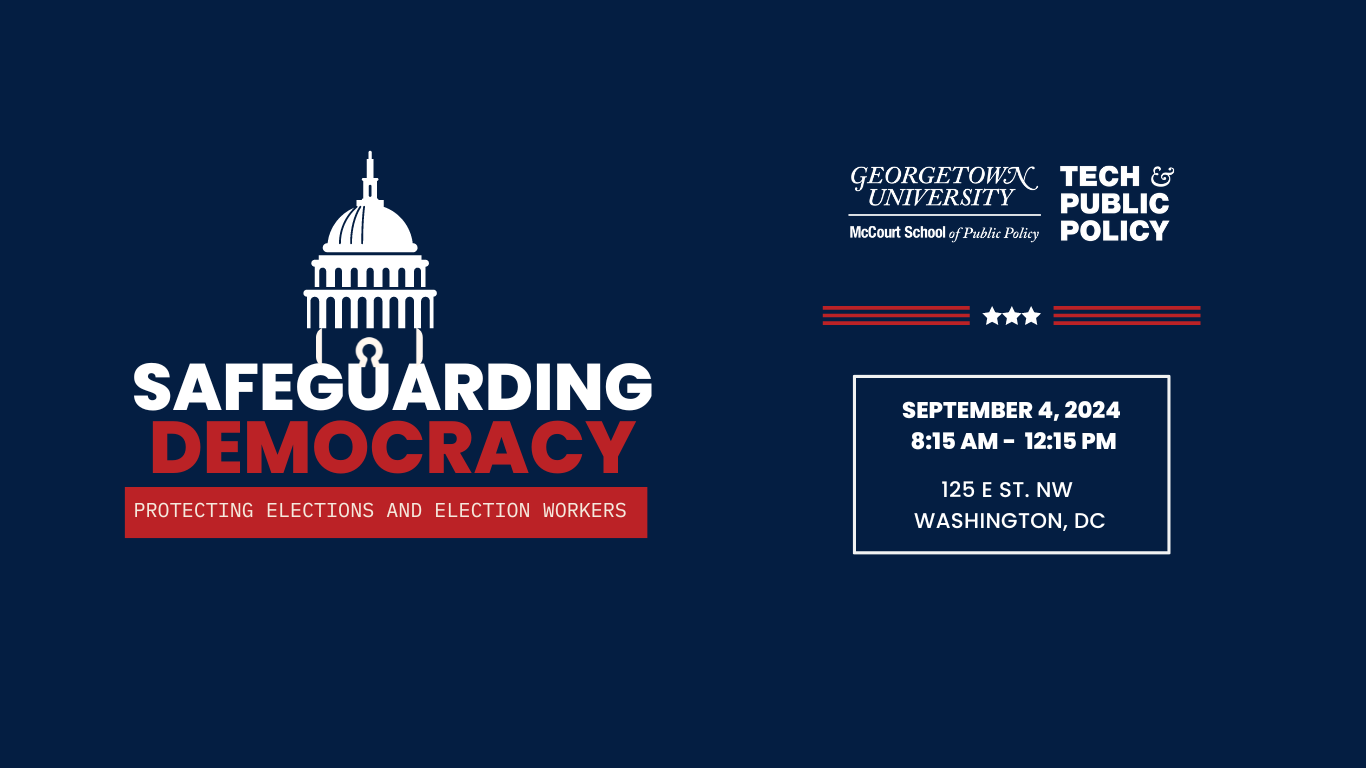Event — Safeguarding Democracy: Protecting Elections and Election Workers
On September 4, 2024, the McCourt School of Public Policy’s Tech & Public Policy program will convene federal and state election officials, leading academics and civil society stakeholders for a one-day event to evaluate evolving threats to the U.S. election infrastructure and opportunities for innovation.
The event will focus on how prepared U.S. election offices are to handle the November 2024 presidential elections and feature a panel discussion, including experts in election misinformation, election officials, practitioners and federal officials from the U.S. Election Assistance Commission and the Department of Justice. Federal Election Commission Vice Chair Ellen Weintraub will give a keynote address.
About the speakers
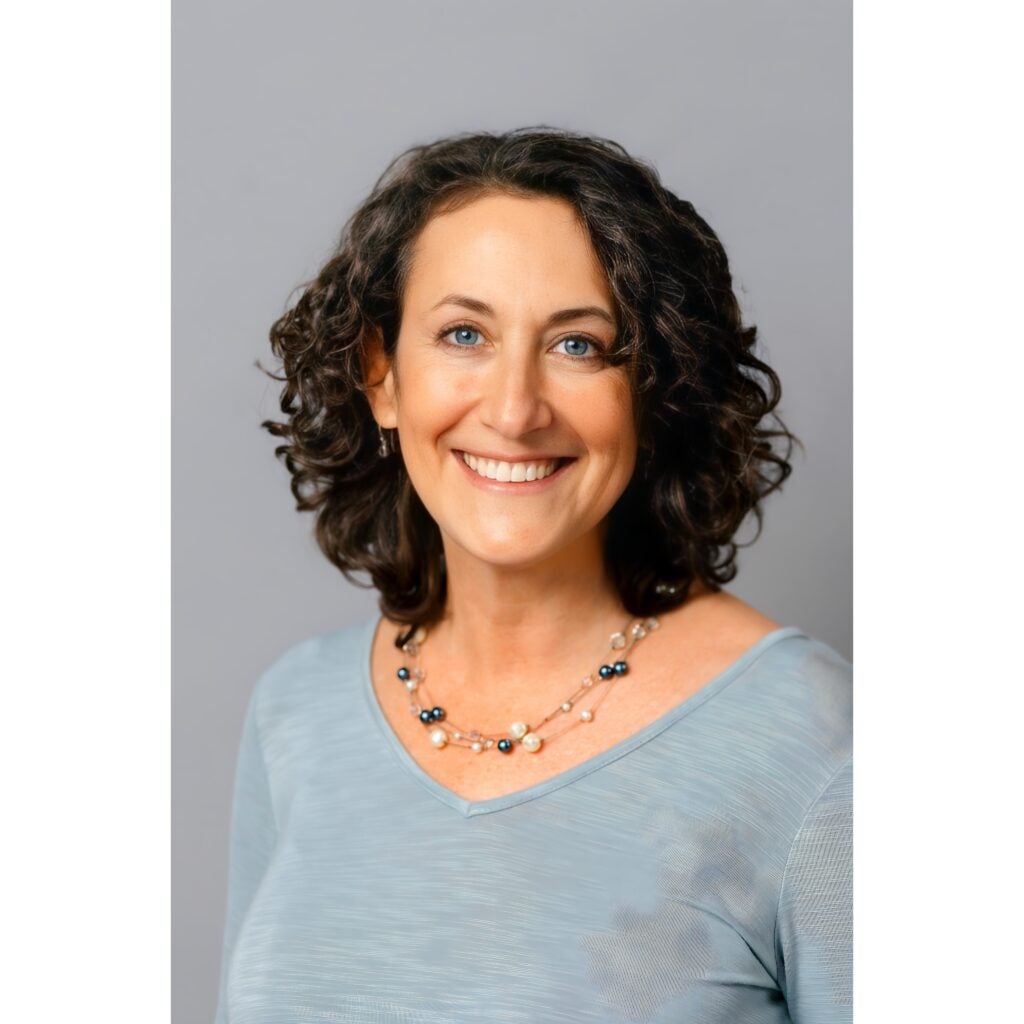
Kathy Boockvar, president of Athena Strategies LLC
Kathy Boockvar is president of Athena Strategies LLC, working to strengthen election security and democracy across the U.S., and is also senior advisor to the Brennan Center for Justice, the Institute for Responsive Government and The Future U.S. Boockvar previously served as Pennsylvania secretary of state and chief election official, overseeing secure and accessible elections amidst the global pandemic, and was co-chair of the National Association of Secretaries of State’s Elections Committee. She received her law degree from the American University Washington College of Law and her Bachelor of Arts from the University of Pennsylvania.
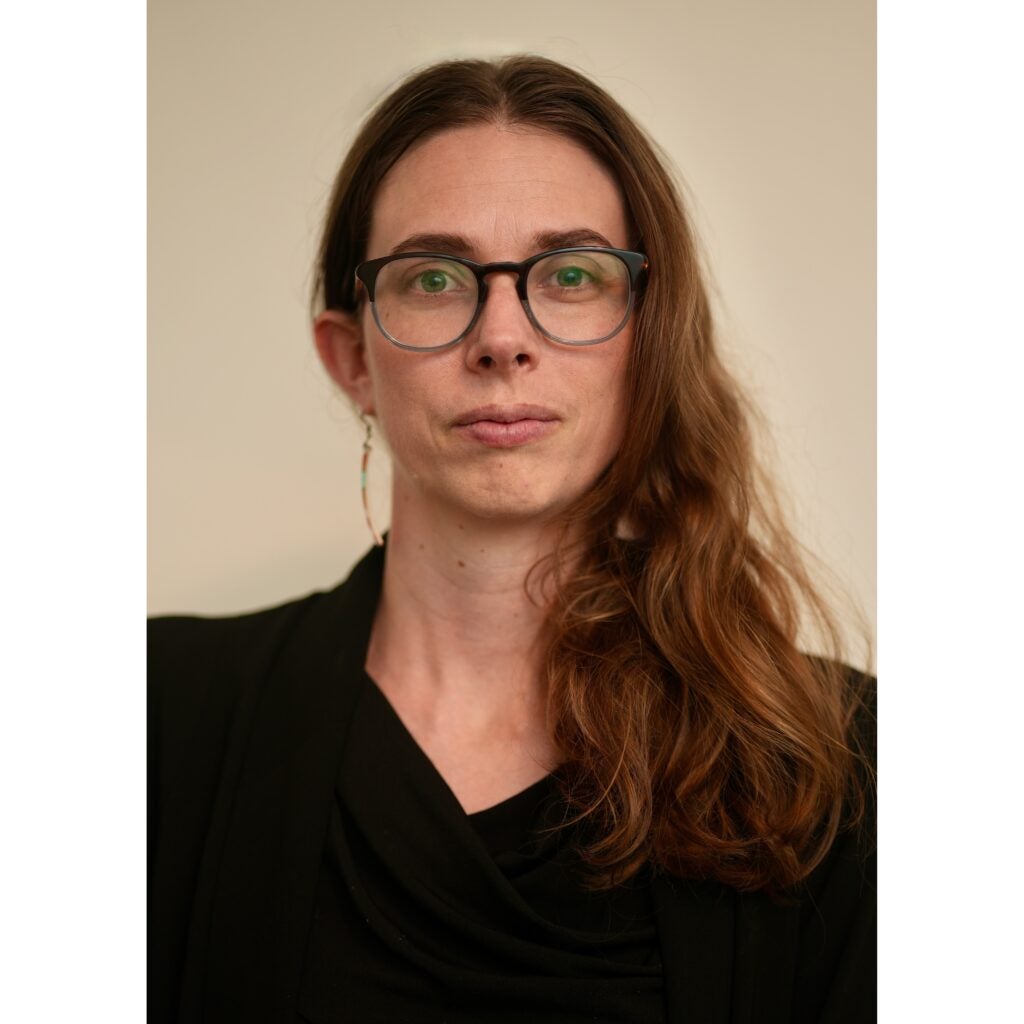
Sarah Cooper, associate director for democracy at the Carter Center
Sarah Cooper serves as The Carter Center’s associate director for democracy, focused on The Center’s U.S. elections programming. She has 15 years of experience supporting democracy and governance initiatives, including in previous roles with the National Democratic Institute for International Affairs as a global elections expert and with the United Nations Department of Political Affairs. Since 2022, she has assisted The Carter Center in translating best practices from its international work to strengthen trust in elections and improve election administration abroad to the U.S. context.

Renée DiResta, social media researcher and author of Invisible Rulers: The People Who Turn Lies Into Reality
Renée DiResta is a social media researcher and the author of Invisible Rulers: The People Who Turn Lies Into Reality. She studies adversarial abuse online, ranging from state actors running influence operations to spammers and scammers to issues related to child safety. From 2019-2023, she was the technical research manager at the Stanford Internet Observatory, a cross-disciplinary program of research, teaching and policy engagement for the study of abuse in current information technologies. She also conducted research into election rumors and disinformation campaigns as part of the Election Integrity Partnership.
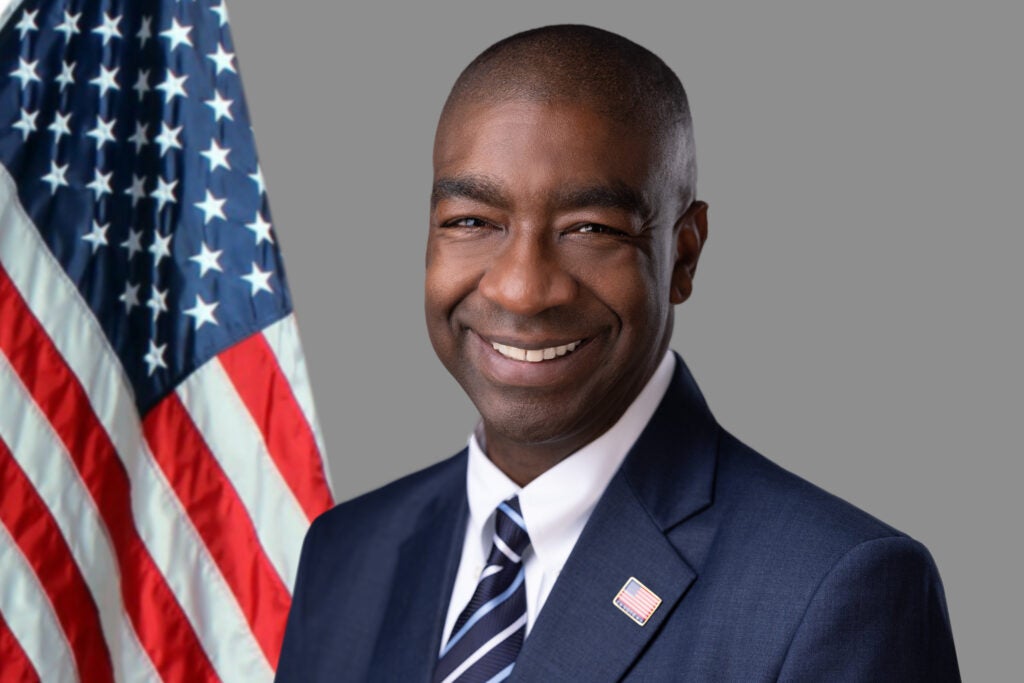
Thomas Hicks, designated federal officer of the Election Assistance Commission’s Board of Advisors
Thomas Hicks was confirmed by unanimous consent of the United States Senate on December 16, 2014 to serve on the U.S. Election Assistance Commission (EAC). Prior to his appointment with the EAC, he served on the U.S. House of Representatives Committee on House Administration from 2003 to 2014. He recently completed the National Association of Election Official’s Election Center and Auburn University’s Certified Elections Registration Administrator program. Hicks received his Juris Doctor from the Catholic University of America, Columbus School of Law and his Bachelor of Arts in Government from Clark University in Worcester, Massachusetts.
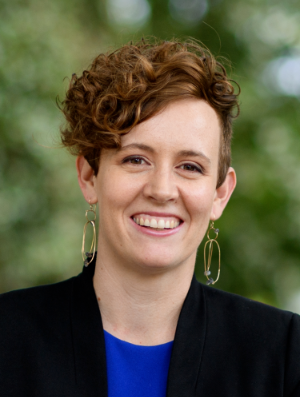
Shannon Hiller, executive director of the Bridging Divides Initiative
Shannon Hiller is the executive director of the Bridging Divides Initiative (BDI). She most recently served as founding Co-Director of BDI, following nearly a decade of work in international development and foreign policy. Shannon previously served as the assistant director for International Affairs and Operations at Princeton University and as an advisor at USAID’s Office of Transition Initiatives (OTI). At OTI, she supported country programs around the world, responding to political crises or transitions and a $30 million peace and conflict prevention program in Burma.
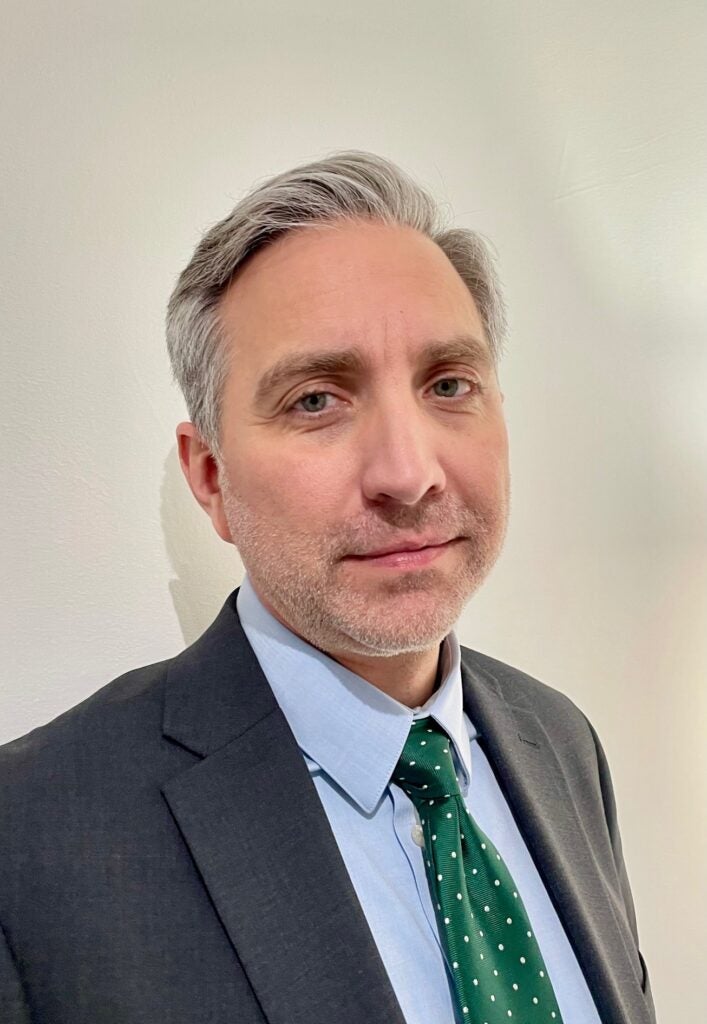
Aaron Jennen, trial attorney and election community liaison for the Department of Justice’s Criminal Division in the Public Integrity Section
Aaron Jennen is a trial attorney and election community liaison for the Department of Justice’s Criminal Division in the Public Integrity Section (PIN). Aaron joined PIN as the election community liaison in August 2023, and before that was an assistant U.S. Attorney in the Western District of Arkansas, where he also served as the district election officer. Before starting his career with the Department in 2014, Jennen was a deputy prosecuting attorney for Arkansas’s 12th Judicial District.
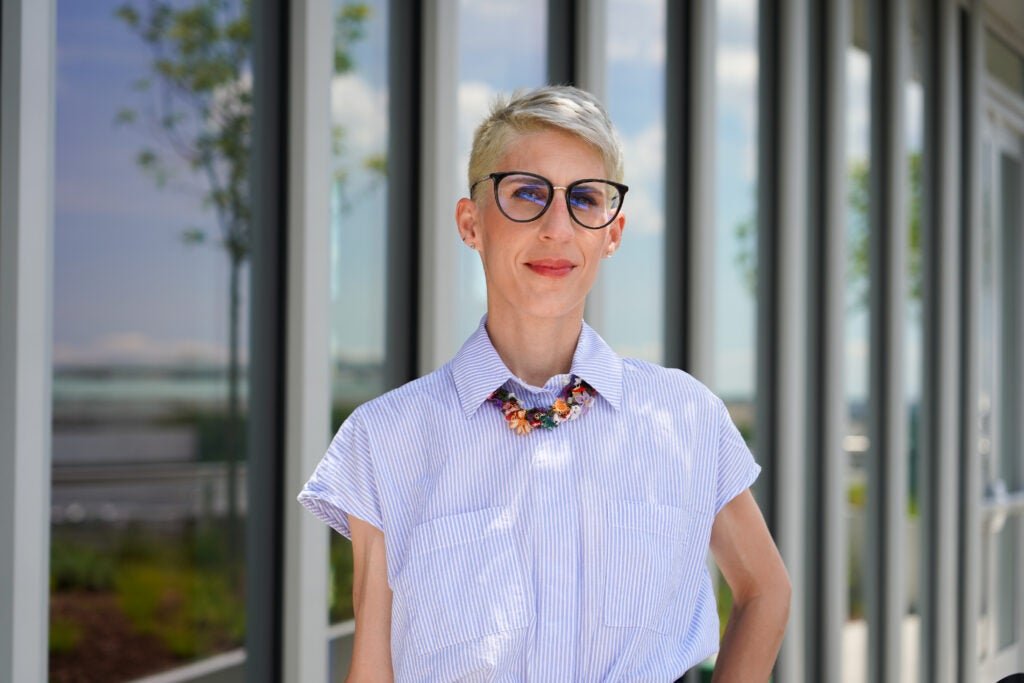
Lia Merivaki, associate teaching professor at the McCourt School of Public Policy
Lia Merivaki is an associate teaching professor at the McCourt School of Public Policy and an associate research professor at Georgetown University’s Massive Data Institute. Dr. Merivaki’s research interests lie in the intersection of election science, voter behavior and political communication. She works with academics, federal and state agencies, election officials and pro-democracy stakeholders to understand how accurate and false information flows in the election information ecosystem and how trust-building communication campaigns can help build trust in the integrity of elections.
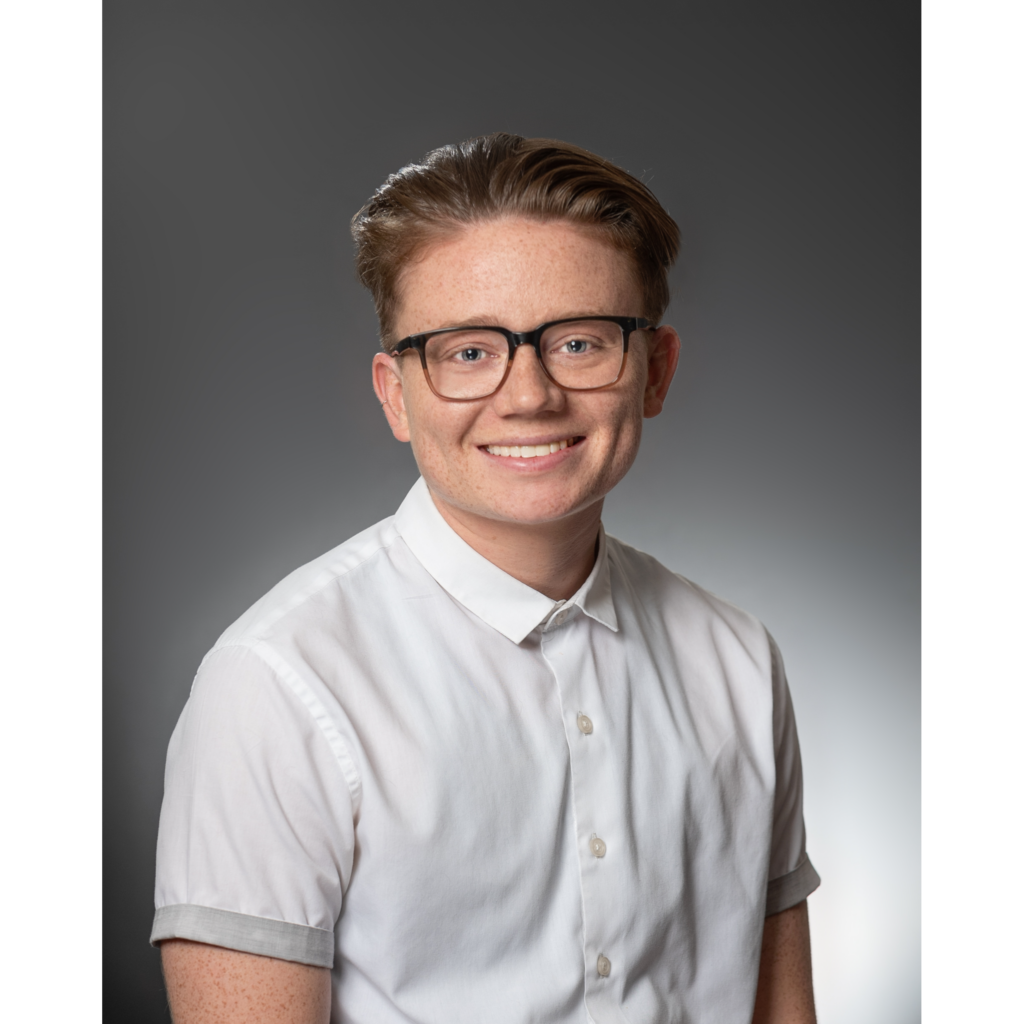
Rachel Orey, director of the Bipartisan Policy Center Elections Project
Rachel Orey is director of the Bipartisan Policy Center Elections Project where they are responsible for the organization’s election administration policy and professionalization efforts. Their research focuses on evidence-based and data-driven reforms that create secure, accessible and trustworthy elections. Orey currently serves as an adjunct professor of computer programming at Georgetown Law and obtained their Master of Public Policy and Certificate of Data Science from George Washington University. Orey has also served as an expert source for the New York Times, Wall Street Journal, Politico, VoteBeat and more.
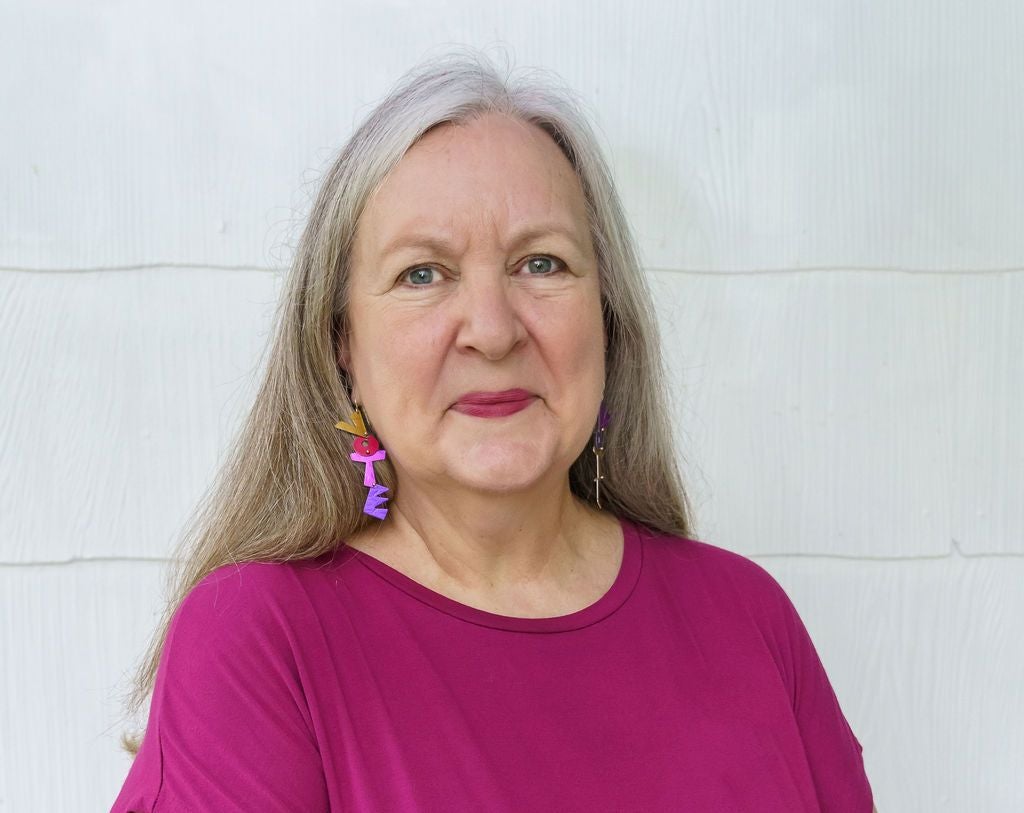
Tammy Patrick, chief executive officer of programs at the National Association of Election Administrators
A nationally recognized elections expert, Tammy Patrick has been working in the election administration space since 2003. Focusing on modern elections, Tammy works to foster a voter-centric elections system and support election officials across the country. In 2013, she was selected by President Obama to serve as a commissioner on the Presidential Commission on Election Administration (PCEA), which led to a position at the Bipartisan Policy Center to further the work of the PCEA. Prior to that, she was the federal compliance officer for the Maricopa County Elections Department for eleven years. She now serves as the chief program officer at the National Association of Election Officials, commonly known as the Election Center.

Nick Penniman, founder and CEO of Issue One
Nick is the founder and CEO of Issue One. Prior to founding Issue One, he was the founder and executive director of the Huffington Post Investigative Fund, Washington director of the Schumann Center for Media and Democracy and publisher of the Washington Monthly magazine. In 2016, he coauthored Nation on the Take with Wendell Potter, which was widely embraced by liberal New York Times columnists to Republican senators. He has served on multiple nonprofit boards, including the Center for Responsive Politics and the Homeless Empowerment Project.
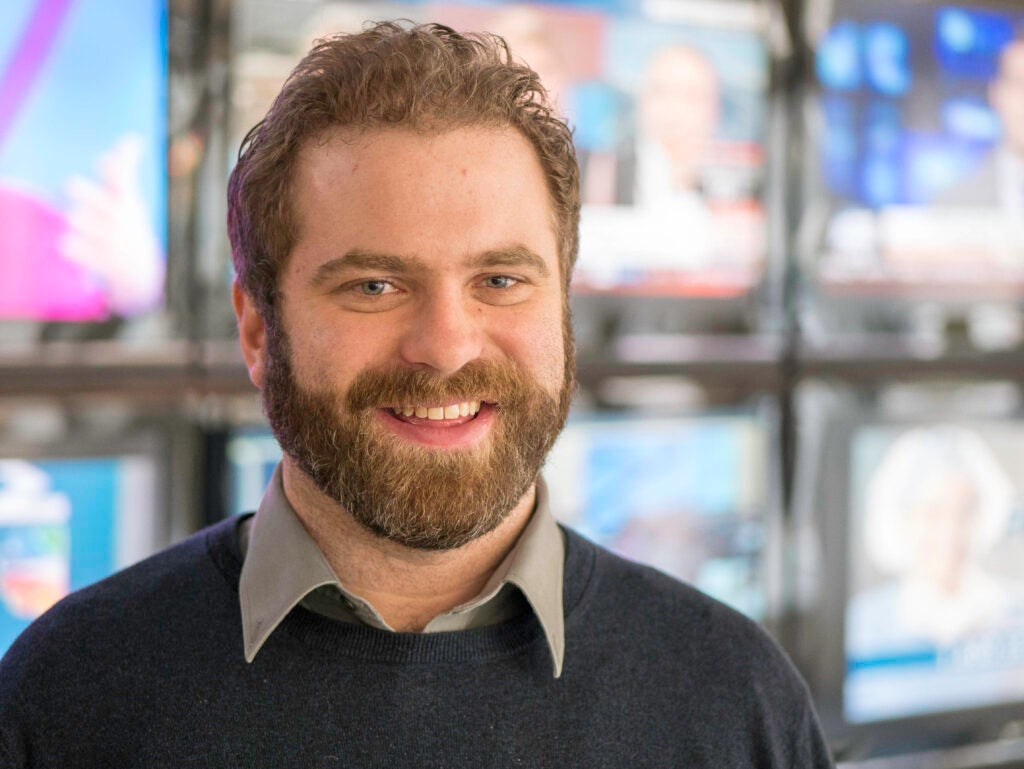
Ethan Porter, associate professor in the School of Media and Public Affairs and the Department of Political Science at George Washington University
Ethan Porter is an associate professor in the School of Media and Public Affairs and the Department of Political Science at George Washington University. He is also the cluster lead of the Misinformation/Disinformation Lab at George Washington’s Institute for Data, Democracy and Politics. His research has appeared in proceedings of the National Academy of Sciences, Journal of Politics, Social Forces, Political Analysis, Political Behavior, Political Communication and other journals.
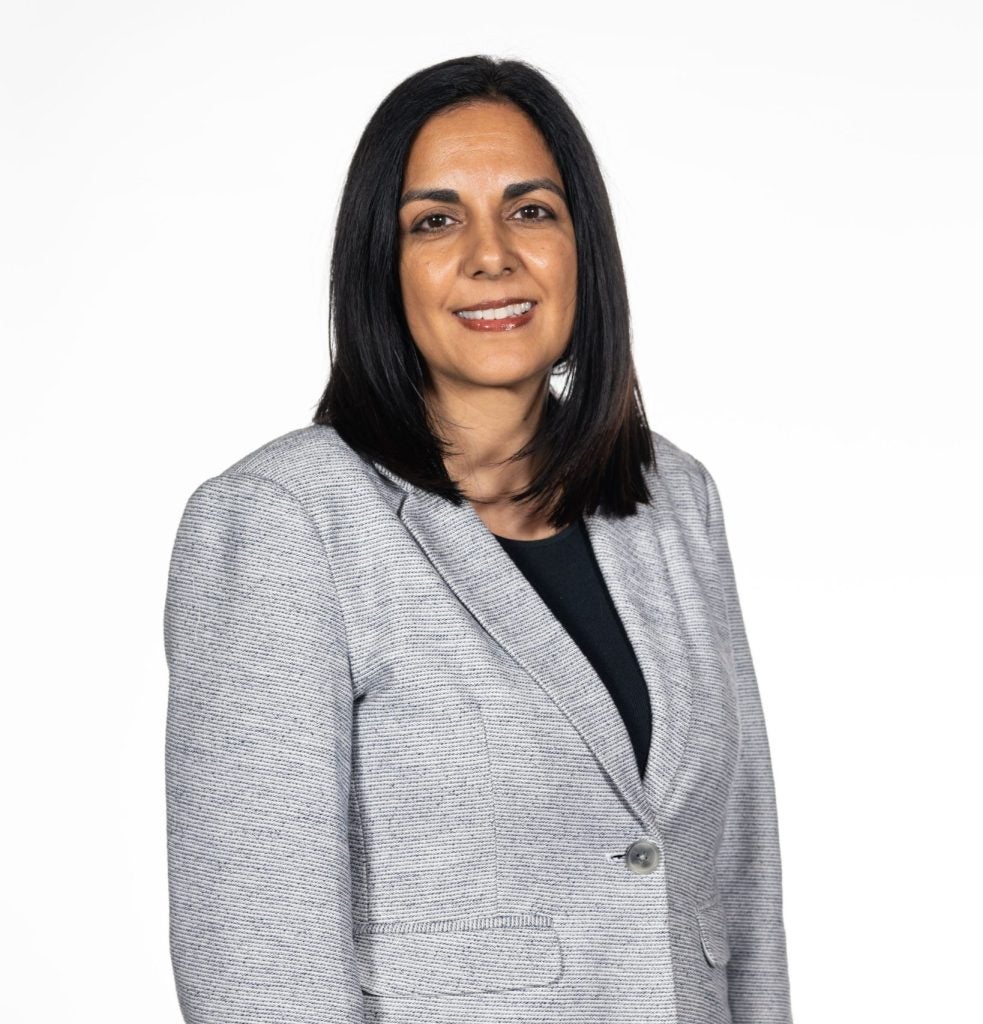
Lisa Singh, professor in the Department of Computer Science and the McCourt School of Public Policy at Georgetown University
Lisa Singh, Sonneborn chair of interdisciplinary research, is a professor in the Department of Computer Science and the McCourt School of Public Policy at Georgetown University. She is also the director of the Massive Data Institute and the department chair of computer science. Singh has authored/co-authored more than 100 peer-reviewed publications and book chapters related to data-centric computing, data mining, data privacy and data science. She is also the co-author of Words That Matter: How News and Social Media Shaped the 2016 Presidential Election.
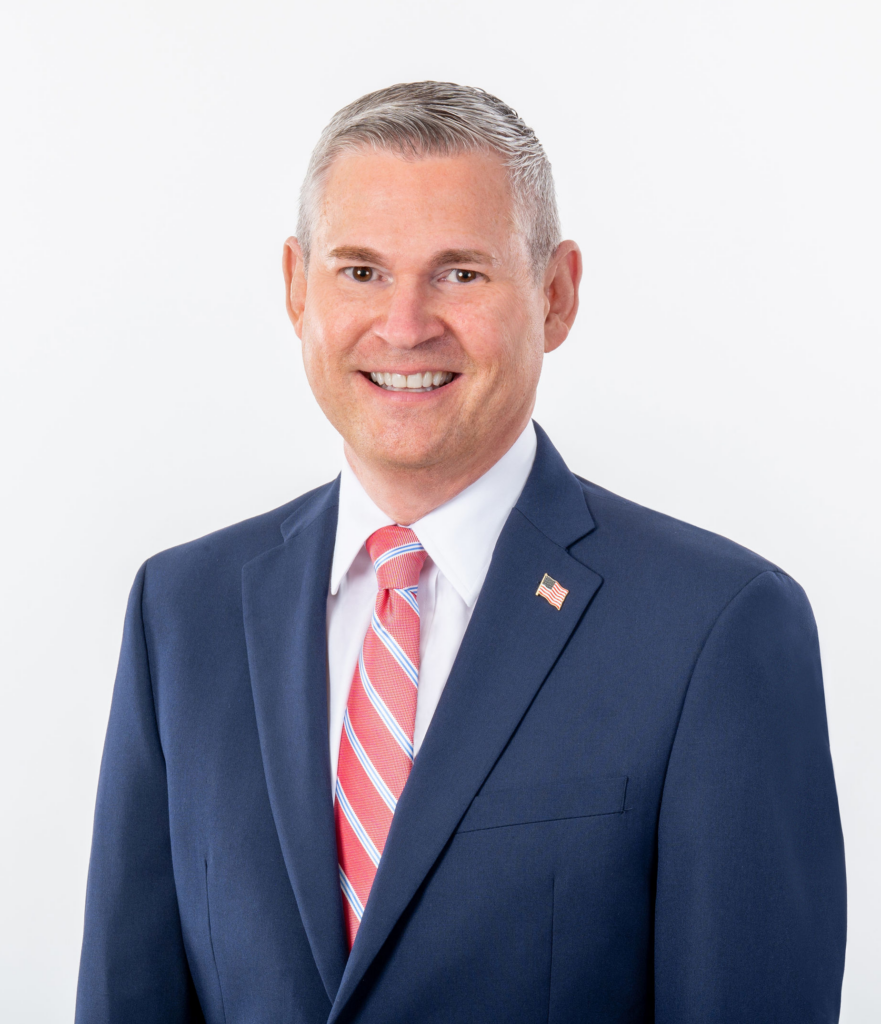
Ron Turner, supervisor of elections in Sarasota County, Florida
Ron Turner was elected as supervisor of elections in Sarasota County, Florida, in 2016 and re-elected in 2020 and 2024. He is the immediate past president of the Florida Supervisors of Elections Statewide Association. Supervisor Turner earned a Bachelor of Arts in American Studies from Eckerd College in St. Petersburg, Florida, and a Master of Public Affairs from the University of Missouri’s Truman School of Government and Public Affairs.
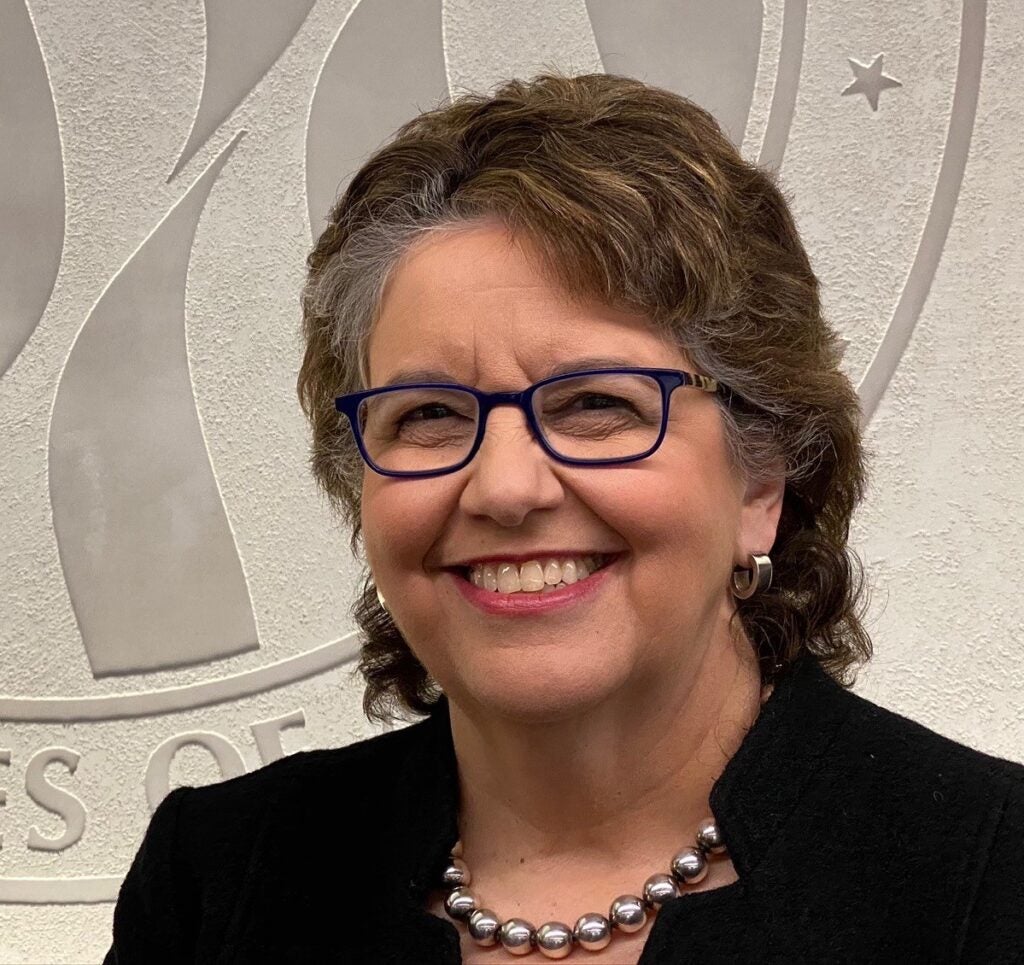
Ellen L. Weintraub, vice chair and commissioner at the United States Federal Election Commission
Vice Chair Ellen L. Weintraub has been a commissioner on the United States Federal Election Commission (FEC) since 2002 and has served three times as its chair. During her tenure, Commissioner Weintraub has been a consistent voice for meaningful campaign-finance law enforcement and robust disclosure of money in politics. Prior to her appointment to the FEC, Ms. Weintraub was of counsel to the Political Law Group of Perkins Cole LLP and was counsel to the Ethics Committee for the U.S. House of Representatives. Vice Chair Weintraub has published articles in The New York Times, The Washington Post and leading law reviews. She hails from New York and holds degrees from Yale College and Harvard Law School.
